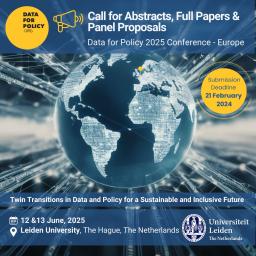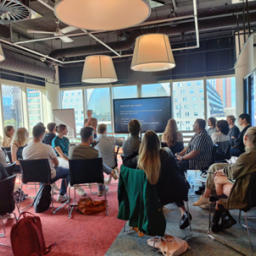The two-day workshop on the 12th and 13th of May, organized by dr. Maxigas and dr. Michiel de Lange, will have space and time to explore the city of Utrecht, engage with like-minded participants among whom students in various relevant MA and RMA programs, and conduct a collective experiment in data walking resulting in a report/fanzine.
The first day is dedicated to getting to know each other and exchanging perspectives in “show and tell” style presentations of prior work and the state of the art. The second day is for devising and conducting a collective experiment in data walk as a method. After the walk we discuss the experiment and document it in the form of a report/fanzine, with the help of facilitators in spontaneous experimental publishing.
The event brings into focus a wide spread method that is nonetheless habitually and literally relegated to the periphery of academic events, arts festivals, and community organising efforts. Common reflection and group improvisation is necessary at this particular stage of methodological development, because hitherto practitioners pushed the boundaries of data walks in the course of practices that have been relatively isolated from each other. All the while, there has been an incredible outpour of enthusiasm for this creative method from the side of audiences, participants and co-creators. Despite — or perhaps because — of the enthusiasm, however, the normative criteria for conduct and the systematic rationale for application have been less articulated. This is why we ask “What is a good datawalk?”, while being aware that this is provocative question that will have many answers for many use cases and disciplinary orientations.
Maxigas is Assistant Professor of Computational Methods for Media and Culture Studies at Utrecht University and co-Principal Investigator with the critical infrastructure lab. His co-authored monograph with Johan Söderberg, Resistance to the Current: The Dialectics of Hacking, is a theoretical driven collection of case studies on the politics of informational capitalism, accounting for the long-term trajectory of hacker cultures. His research interest is how infrastructural ideologies translate to digital materialities, which he currently explores through studying standards and protocols related to programmable infrastructures such as 5G networks.
Michiel de Lange is an Assistant Professor in New Media Studies at Utrecht University. Trained as an anthropologist, he works as a researcher in the field of (mobile) media, urban culture, identity, and play. His research focuses on how digital media shape the future of city-making.
Find more information here!



